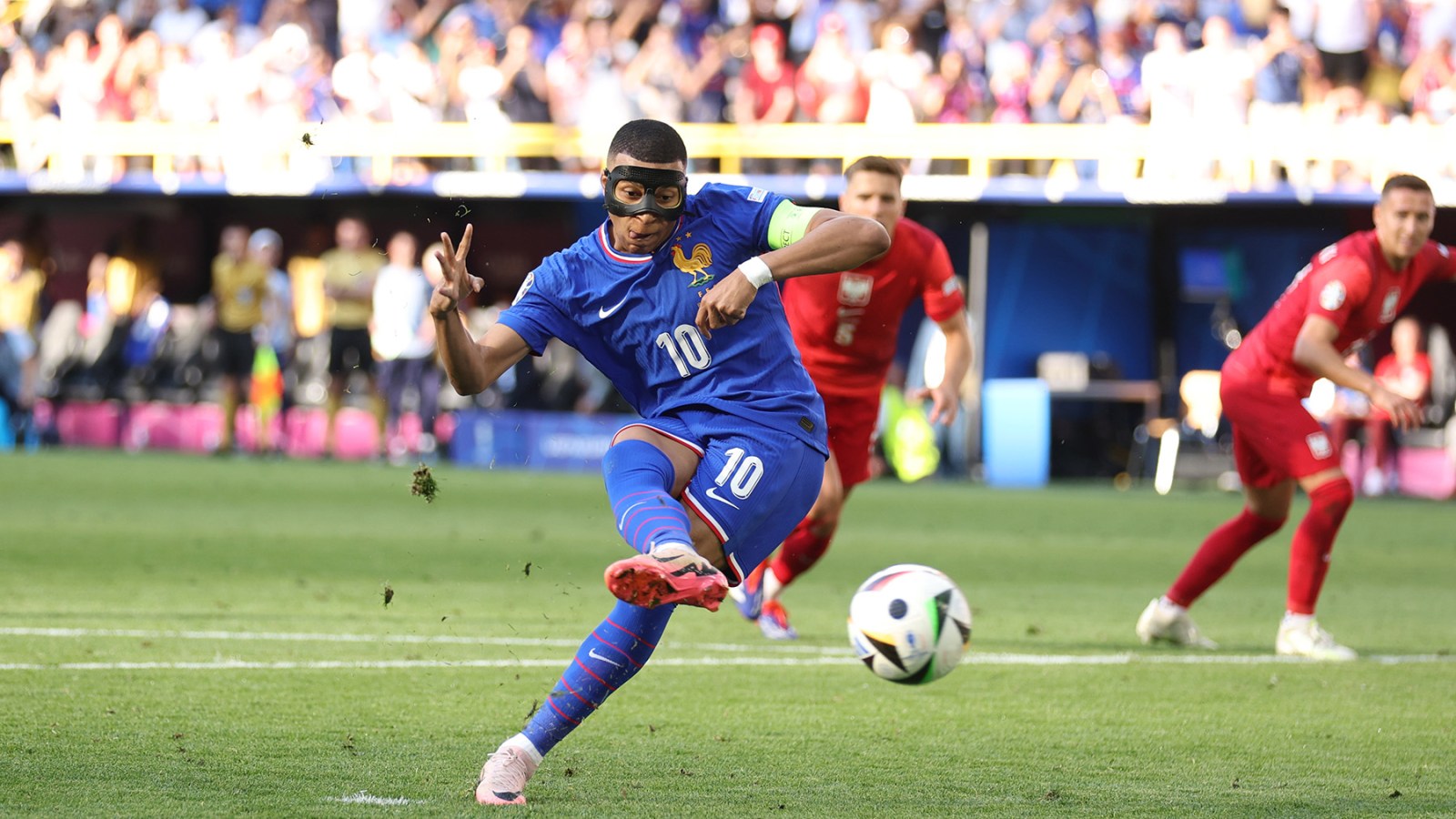History of France and Belgium

France vs belgium – France and Belgium have a long and complex history, marked by both cooperation and conflict. The two countries share a border and have been closely intertwined for centuries, with their relationship shaped by geographic proximity, cultural exchange, and political alliances.
In the realm of international sports, the rivalry between France and Belgium burns bright, their teams locked in a captivating dance of skill and determination. Yet, amidst this fierce competition, our gaze shifts across the Atlantic to the United States, where the 2024 Olympic Games will showcase the extraordinary talents of the USA Gymnastics Olympic Team.
Their unwavering spirit and relentless pursuit of excellence will undoubtedly inspire us all, as we return our attention to the thrilling battle between France and Belgium on the pitch.
Timeline of Significant Historical Events
- 843: Treaty of Verdun divides the Carolingian Empire, with France and Belgium becoming separate kingdoms.
- 1384: The County of Flanders, a part of Belgium, becomes part of the Duchy of Burgundy.
- 1477: The Duchy of Burgundy is inherited by the Habsburg dynasty, bringing Flanders and other parts of Belgium under Habsburg rule.
- 1556: The Habsburg Netherlands, including Belgium, becomes part of the Spanish Empire.
- 1568: The Dutch Revolt begins, leading to the creation of the Dutch Republic in 1581. Belgium remains under Spanish rule.
- 1648: The Peace of Westphalia ends the Thirty Years’ War and recognizes the independence of the Dutch Republic. Belgium remains part of the Spanish Netherlands.
- 1713: The Treaty of Utrecht transfers the Spanish Netherlands to the Austrian Habsburgs.
- 1795: France conquers the Austrian Netherlands.
- 1815: The Congress of Vienna creates the United Kingdom of the Netherlands, which includes Belgium.
- 1830: The Belgian Revolution leads to the creation of an independent Belgium.
- 1914-1918: World War I, in which Belgium is invaded and occupied by Germany.
- 1940-1944: World War II, in which Belgium is again invaded and occupied by Germany.
- 1949: Belgium becomes a founding member of NATO.
- 1957: Belgium becomes a founding member of the European Economic Community (EEC), which later becomes the European Union (EU).
Economic and Political Comparison: France Vs Belgium

France and Belgium share many similarities in their economic and political systems, but there are also some key differences. Both countries are developed economies with high standards of living, but France has a larger and more diversified economy than Belgium. France is also a more centralized state than Belgium, with a strong central government that plays a significant role in the economy.
Economic Systems
France has a mixed economy, with a significant role for the state in the economy. The government owns a number of large companies, including the national railway company, the electricity company, and the gas company. The government also provides a wide range of social welfare programs, including healthcare, education, and unemployment benefits.
Belgium has a more market-oriented economy than France, with a smaller role for the state. The government owns a few large companies, but the private sector is dominant in most sectors of the economy. Belgium also has a less generous social welfare system than France.
Political Structures, France vs belgium
France is a republic with a strong president. The president is elected by popular vote for a five-year term and can serve a maximum of two terms. The president appoints the prime minister, who is the head of government. The French parliament is a bicameral legislature, consisting of the National Assembly and the Senate. The National Assembly is elected by popular vote for a five-year term, while the Senate is elected by an electoral college for a six-year term.
Belgium is a constitutional monarchy with a parliamentary system. The king is the head of state, but the prime minister is the head of government. The prime minister is appointed by the king, and the government is responsible to the parliament. The Belgian parliament is a bicameral legislature, consisting of the Chamber of Representatives and the Senate. The Chamber of Representatives is elected by popular vote for a five-year term, while the Senate is elected by an electoral college for a six-year term.
Similarities and Differences in Economic and Political Policies
France and Belgium have similar economic and political policies in some areas, such as their commitment to free trade and their support for the European Union. However, there are also some key differences in their policies. For example, France has a more interventionist economic policy than Belgium, and France has a more generous social welfare system than Belgium.
Overall, France and Belgium are two developed countries with high standards of living. Both countries have mixed economies with a significant role for the state, but France has a larger and more diversified economy than Belgium. France is also a more centralized state than Belgium, with a strong central government that plays a significant role in the economy.
Cultural Exchange and Influence

France and Belgium, neighboring countries in Western Europe, share a rich and intertwined cultural heritage. Despite their distinct national identities, they have significantly influenced each other’s cultural landscapes.
French has been the dominant language of Belgium’s elite and cultural scene for centuries, leaving a lasting imprint on the country’s literature, art, and music. Conversely, Belgium has contributed to the development of French culture through its renowned artists, musicians, and writers.
Similarities and Differences
Both France and Belgium have a strong tradition of the arts, with renowned museums, theaters, and opera houses. They share a love of classical music, with Belgian composers like César Franck and Eugène Ysaÿe gaining international acclaim. Gastronomy is another area of cultural convergence, with both countries known for their exquisite cuisine and fine wines.
However, there are also notable differences in their cultural expressions. French culture tends to be more centralized and influenced by the Parisian elite, while Belgian culture is more decentralized and influenced by regional traditions. Belgian art often reflects the country’s surrealist and avant-garde movements, while French art has a stronger emphasis on classical and romantic styles.
Cultural Exchanges
Throughout history, France and Belgium have engaged in numerous cultural exchanges. French literature has greatly influenced Belgian writers, while Belgian artists have exhibited their works in prestigious Parisian galleries. The two countries have also collaborated on film projects, such as the acclaimed “The Artist” (2011), which won the Academy Award for Best Picture.
In recent years, cultural exchange has been further fostered through cross-border initiatives and events. The “Transcultures” festival in Brussels showcases innovative digital art from both countries, while the “Lille3000” festival in Lille, France, has featured Belgian artists and cultural organizations.
The anticipation for the France vs Belgium clash was palpable, but for those unable to catch the action live, there’s another thrilling match to tune into: USA vs Uruguay. Head over to how to watch usa vs uruguay for all the details on how to stream this exciting match.
After cheering on Team USA, you can switch back to the France vs Belgium game and soak in every moment of the soccer spectacle.